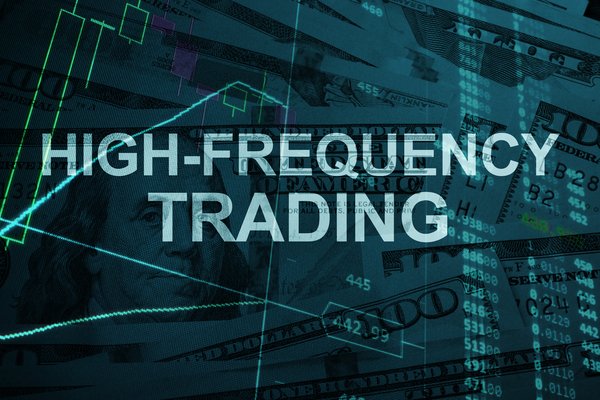Common High-Frequency Trading Strategies
High-frequency trading (HFT) employs powerful computer programs to execute a large number of trades in fractions of a second. The key attributes of HFT include highly sophisticated algorithms, closeness of the server to the exchange's server (colocation), and very short-term trading durations.
Types of HFT Strategies
The following are some common HFT strategies:
- Market Making: Placing buy and sell limit orders to earn the bid-ask spread. Market makers provide liquidity to the market, lowering volatility and bid-offer spreads, making trading and investing cheaper for other market participants.
- Event Arbitrage: Exploiting predictable short-term responses in certain securities. This strategy involves monitoring large amounts of stocks for significant or unusual price changes or volume activity, such as trading on announcements, news, or other event criteria.
- Index Arbitrage: Front-running index tracker funds. This strategy takes advantage of the differences in price between the index and its constituent stocks.
- Statistical Arbitrage: Profiting from temporary price discrepancies between different exchanges or asset classes. Statistical arbitrage at high frequencies is actively used in all liquid securities, including equities, bonds, futures, foreign exchange, etc.
- Latency Arbitrage: Reducing latency to take advantage of millisecond price discrepancies. This strategy involves using fast connections to take advantage of different data speeds at different exchanges.
Other Strategies
Other HFT strategies include:
- Slow-Market Arbitrage: Traders use fast connections to take advantage of different data speeds at different exchanges.
- Dark-Pool Arbitrage: HFT firms use this type of arbitrage to take advantage of the differences in price between exchanges and dark pools.
- Rebate Arbitrage: High-frequency traders take advantage of different exchange rules involving rebates.
- Filter Trading: Monitoring large amounts of stocks for significant or unusual price changes or volume activity.
- Tick Trading: Recognizing the beginnings of large orders being placed in the market.
Conclusion
High-frequency trading strategies are designed to exploit minute deviations from market equilibrium, using sophisticated algorithms and high-speed connections to analyze securities, identify opportunities, and execute trades for extremely short-term gains. While HFT has been criticized for its contribution to market volatility and lack of broader economic benefit, its advocates argue that it ensures liquidity and stability in the markets.








